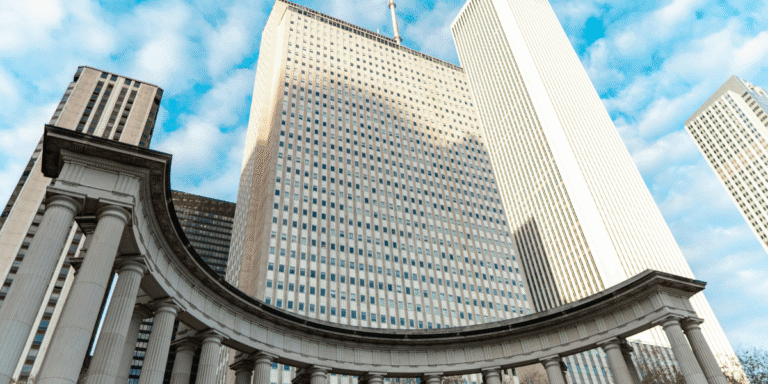Global Markets Slide as Inflation Persists and Central Banks Signal Further Rate Hikes
Global financial markets are facing sharp declines today as inflation continues to stay elevated despite aggressive monetary tightening by central banks. With inflationary pressures remaining stubborn in major economies, investors are growing increasingly concerned about the prospect of a prolonged period of high interest rates and the potential for a global economic slowdown.
In the United States, the latest data revealed that the annual inflation rate in April remained above 5%, showing little sign of the cooling that many had hoped for following the Federal Reserve’s series of rate hikes over the past year. While the monthly rate showed some moderation, the persistence of high inflation in key sectors like housing, food, and energy is keeping price pressures high. The Federal Reserve, which has raised interest rates multiple times to combat inflation, has signaled that it is likely to raise rates again in June. This continued tightening has investors worried that the U.S. economy, which has already shown signs of slowing, may face a recession in the second half of 2024.
The stock market reacted negatively to the news, with the S&P 500, Dow Jones Industrial Average, and Nasdaq all falling by more than 1.5% in early trading. The technology sector, which has been particularly sensitive to rising interest rates, experienced a significant sell-off, as investors reassess the valuations of high-growth stocks. With further rate hikes likely, the market remains on edge, as many analysts warn that tighter monetary policy will eventually weigh heavily on consumer spending and corporate profits.
In Europe, the situation is similarly challenging. The European Central Bank (ECB) has faced criticism for its handling of inflation, with the latest data showing that the annual inflation rate in the Eurozone remains at 5.1%. Despite multiple interest rate hikes, the ECB has struggled to bring inflation down, particularly as energy prices continue to put pressure on consumers. Many economists are now concerned that the ECB’s hawkish stance could lead to a protracted economic downturn in the region. With growth already sluggish and inflation high, investors are becoming increasingly worried that the Eurozone could slip into a recession, especially if the ECB continues to raise rates in the face of weaker economic activity.
European stock markets are under significant pressure, with the Stoxx 600 and Germany’s DAX both losing more than 1.5% in early trading. The ongoing inflationary pressures and uncertain economic outlook are creating a challenging environment for investors, especially as the region faces heightened risks of stagflation—a period of high inflation coupled with stagnant economic growth. Defensive sectors, such as healthcare and utilities, have shown some resilience, but broader market sentiment remains bearish.
In Asia, China’s economic recovery continues to falter, with the latest reports showing that the country’s GDP growth for the first quarter of 2024 fell short of expectations. Despite government efforts to stimulate the economy through fiscal measures, including tax cuts and infrastructure spending, China’s domestic demand remains weak, particularly in the real estate sector. The Chinese yuan has weakened further against the U.S. dollar, adding to concerns about the broader stability of the Chinese economy. With China being a key driver of global growth, its ongoing struggles are having ripple effects across global markets, particularly in the commodities and manufacturing sectors.
On the commodities front, oil prices have remained elevated, with Brent crude hovering around $97 per barrel. The rise in oil prices, driven by supply constraints and geopolitical risks, continues to exacerbate inflationary pressures, particularly in energy-importing regions like Europe. High energy prices are adding to the cost-of-living crisis, further straining consumer budgets and corporate margins.
Despite the broader market downturn, certain sectors continue to show resilience. Energy stocks, especially those tied to oil and natural gas, are benefiting from the sustained rise in commodity prices. Additionally, defense and cybersecurity companies are seeing increased demand amid geopolitical tensions, while the healthcare sector remains attractive to investors seeking stability.
Looking ahead, the global economic outlook remains uncertain. With inflation still running high and central banks committed to tightening monetary policies, markets are bracing for more volatility in the coming months. While some sectors are performing better than others, the overall environment remains challenging, and investors will likely remain cautious as they assess the potential risks posed by persistent inflation and tightening policies. The path to economic stability appears uncertain, and the potential for further market declines remains on the horizon as central banks continue to navigate the difficult task of balancing inflation control with economic growth.


